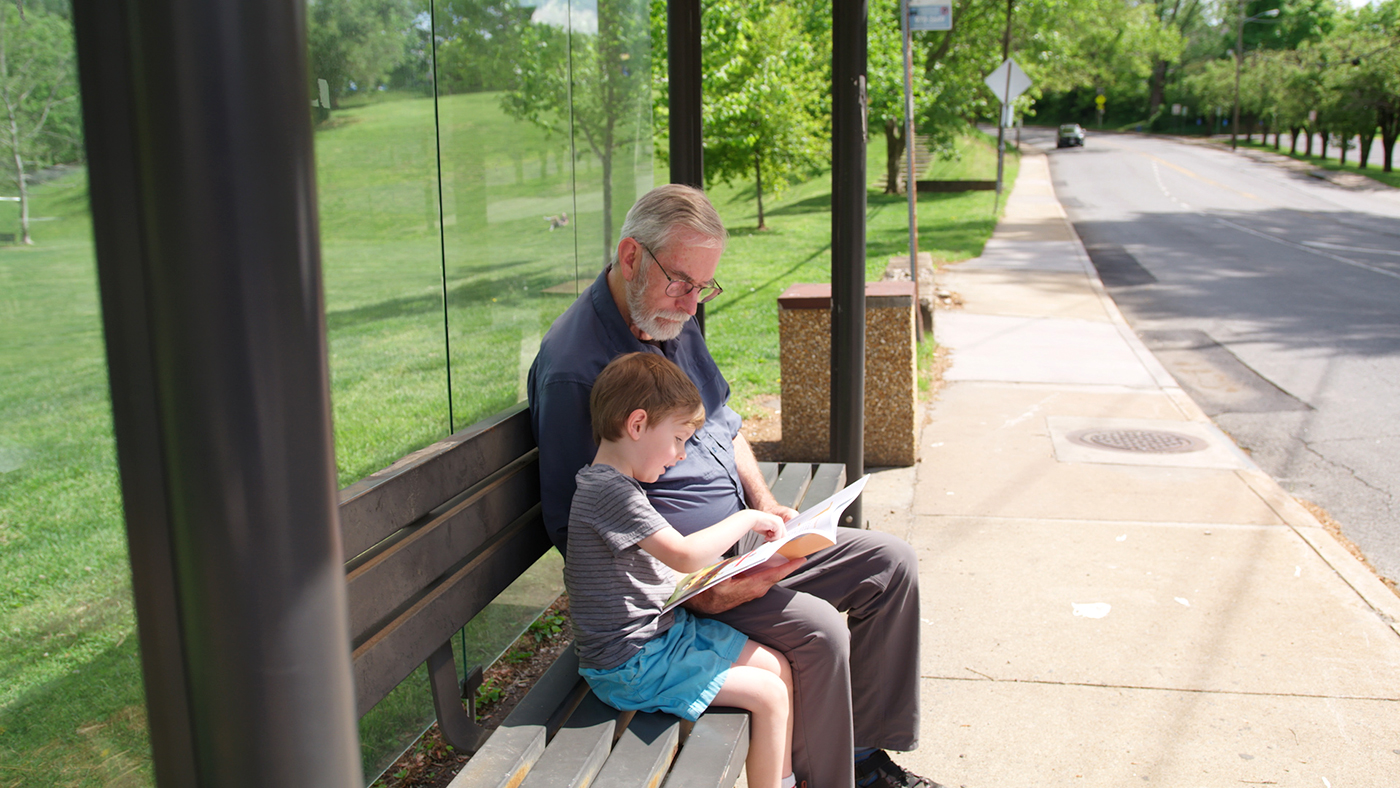Reading Doesn’t Just Happen
Why it’s important
Becoming a reader is critical to children’s success in school and life. Parents and caregivers play an essential role in their children learning to read. Decades of research on reading tell us that reading must be taught. Unlike learning to talk, it won’t just happen naturally. For children to be able to read and understand what they read, they must develop a foundation in both understanding language and the ability to hear and connect sounds to letters. Parents are their child’s first and most important teachers and there are several things they can do to build this foundation for reading.
For more information, click here.
Take Action

Start early. Draw attention to the sounds around your child.
It is never too early to start supporting your child’s reading foundation. Talking to your child, helping them understand the meaning of words, and drawing their attention to the sounds around them helps to develop the skills to support their future reading.

Engage with your child. Keep the interaction going as you go about your day.
By engaging your child in your day-to-day life, children learn the meaning of new words and increase their understanding of the world around them. Interacting with your child throughout your daily routines not only provides valuable exposure to language but also in how language is connected to the written words all around us.

Discover together. Become your child’s conversational partner.
Having conversations with your child provides them with the practice they need to develop strong language skills. By talking with them about what you are doing and seeing every day, you are encouraging them to practice their developing skills in a safe environment.

Read and sing together. Ask questions. Listen. Make comments.
Songs and books increase your child’s language knowledge. Reading, asking questions while reading, singing fun or silly songs, all help your child develop more complex language skills. These simple interactions are building a relationship with your child and a bridge to reading.

Smile. Laugh. Share. Point out how letters make sounds.
By looking at the world through your child’s eyes, you share in their joy and wonder. By showing your child how sounds are represented by letters and how letters together become words, and then how words help us to understand our amazing world, you will unlock the magic of reading for your child.

Reading doesn’t just happen. It must be taught, and we can all play a part.
We’re here to help:
Building Language through Everyday Interactions (PDF)


